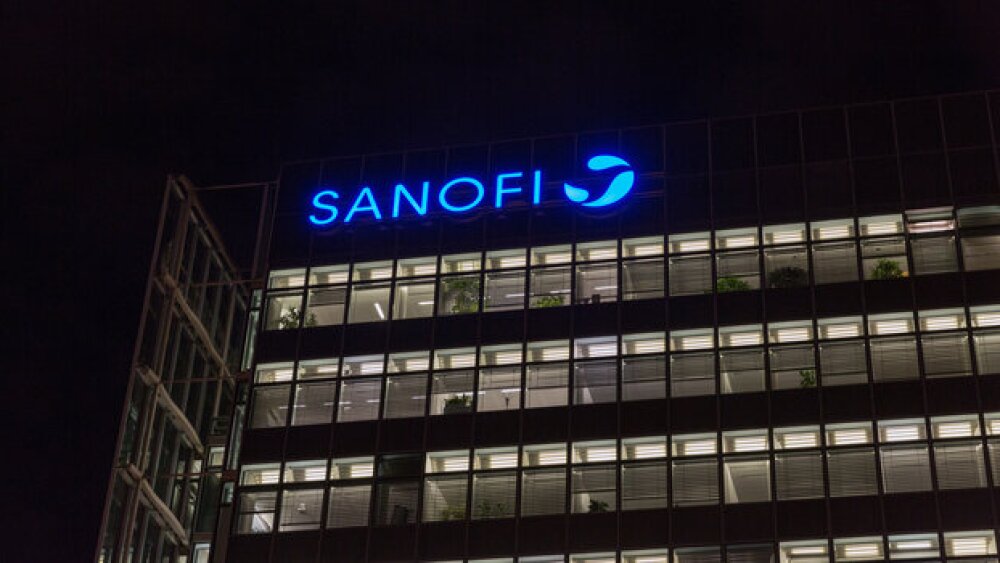SIGLEC 10 identified as a genetic driver for amyloid plaque formation in mice
ONC-841 blockade reduced amyloid plaques, normalized microglia function, and improved memory in preclinical Alzheimer’s disease mouse models
Targeting a key innate immune checkpoint discovered by OncoC4 cofounders, ONC-841 has versatile potential against cancer and neurodegeneration
ROCKVILLE, Md., July 28, 2025 (GLOBE NEWSWIRE) -- OncoC4, Inc., a late-stage biopharmaceutical company focused on developing novel medicines for cancer, today unveiled new preclinical data that highlight the potential of ONC-841, a novel immune checkpoint inhibitor, in treating Alzheimer’s disease (AD). The data will be presented in two poster-presentations at the 2025 Alzheimer’s Association International Conference® (AAIC®) held in Toronto, Canada from July 27–31, 2025. ONC-841 is a first-in-class, clinical stage anti-SIGLEC 10 monoclonal antibody currently under development for the treatment of both solid tumors and AD. “SIGLEC 10-CD24 pathway, an innate immune checkpoint discovered by the cofounders, is implicated in cancer evasion of host immunity, which OncoC4 has been exploring for cancer treatment,” said Yang Liu, PhD, Co-Founder, Chief Executive Officer, and Chief Scientific Officer of OncoC4. “These compelling preclinical findings from two AD models highlight the potential of ONC-841 as a first-in-class immunotherapy for neurodegeneration.”
Dr. Liu added, “Building on the strong safety profile and promising early efficacy from our dose-escalation ONC-841-002 study in solid tumors (NCT06352359), ONC-841 is at the forefront of immunotherapy with dual potential in cancer and neurodegeneration. We are excited to advance this versatile program across multiple disease areas.”
AAIC Poster Presentation Highlights
Poster #101818: Therapeutic Activities of ONC-841, an Anti-human SIGLEC 10 mAb, in Multiple Transgenic Mouse AD Models
The potential of ONC-841 to treat AD is supported by preclinical data from two mouse models showing normalization of microglia function and clearance of pathogenic protein aggregates driving neurodegeneration. Key findings of ONC-841 impacts include:
- SIGLEC 10 blockade in brain microglia at therapeutic doses
- Enhanced microglia migration and phagocytosis of amyloid plaques
- Significant reduction in hallmarks of AD (including brain amyloid burden and pTau plasma levels) and normalization of microglia morphology
- Functional benefits including improved memory and learning activities
Poster #101773: Mice Carrying Unmutated Human SIGLEC 10 Gene Cluster Transgene Develop Amyloid Plaques: A Model for Late Onset AD
SIGLEC 10 likely plays a causal role in AD pathogenesis and other neurodegenerative diseases through increased levels of amyloid beta plaques in the brain based on mouse models. Key findings include:
- Transgenic human SIGLEC 10 gene is expressed exclusively in brain microglia
- Microglia from the transgenic mice show reduced uptake of Aβ fibrils and pTau tangles
- SIGLEC 10 expression induces Aβ plaques in mouse brain even in the absence of other known mutations in AD genes
- ONC-841 treatment reduces SIGLEC 10-induced Aβ plaques
- To our knowledge, this is the first mouse model in which a single, unmutated human gene cluster induces Aβ plaque formation, a critical hallmark of AD
- Findings support a causal relationship between SIGLEC 10 and pathogenesis of late onset AD, which is usually not associated with the known pathogenic mutations seen in early onset AD including APP, PS1, or PS2
About OncoC4
Based in Rockville, Maryland, OncoC4 is a privately held, late-stage biopharmaceutical company that is actively engaged in the discovery and development of novel biologicals for the treatment of cancer and immunological diseases. OncoC4’s pipeline features assets with first-in-class and best-in-class potential targeting both novel and well validated targets across oncology and immunological diseases. Among them, AI-081 is a fully owned and potentially best-in-class bispecific antibody candidate targeting PD-1 and VEGF. AI-081 is currently enrolling patients in a Phase1/2 trial that could enable two or more pivotal studies. In addition, OncoC4 has a strategic collaboration with BioNTech to co-develop gotistobart (BNT316/ONC-392), a next-generation anti-CTLA-4 antibody candidate, in multiple solid tumor indications, including an ongoing pivotal clinical trial in squamous non-small cell lung cancer.
For more information, please visit www.oncoc4.com.
CONTACTS
OncoC4
Investor Contact:
Bill Begien
OncoC4, Inc.
bbegien@oncoc4.com
Alexandra Folias
LifeSci Advisors
afolias@lifesciadvisors.com
Media Contact:
Jason Braco, Ph.D.
LifeSci Communications
jbraco@lifescicomms.com





